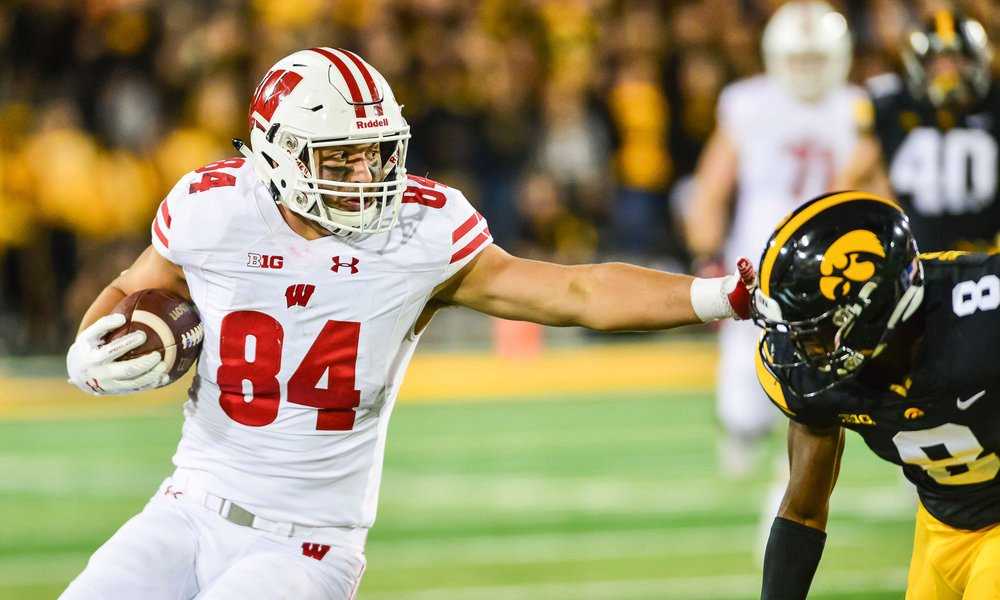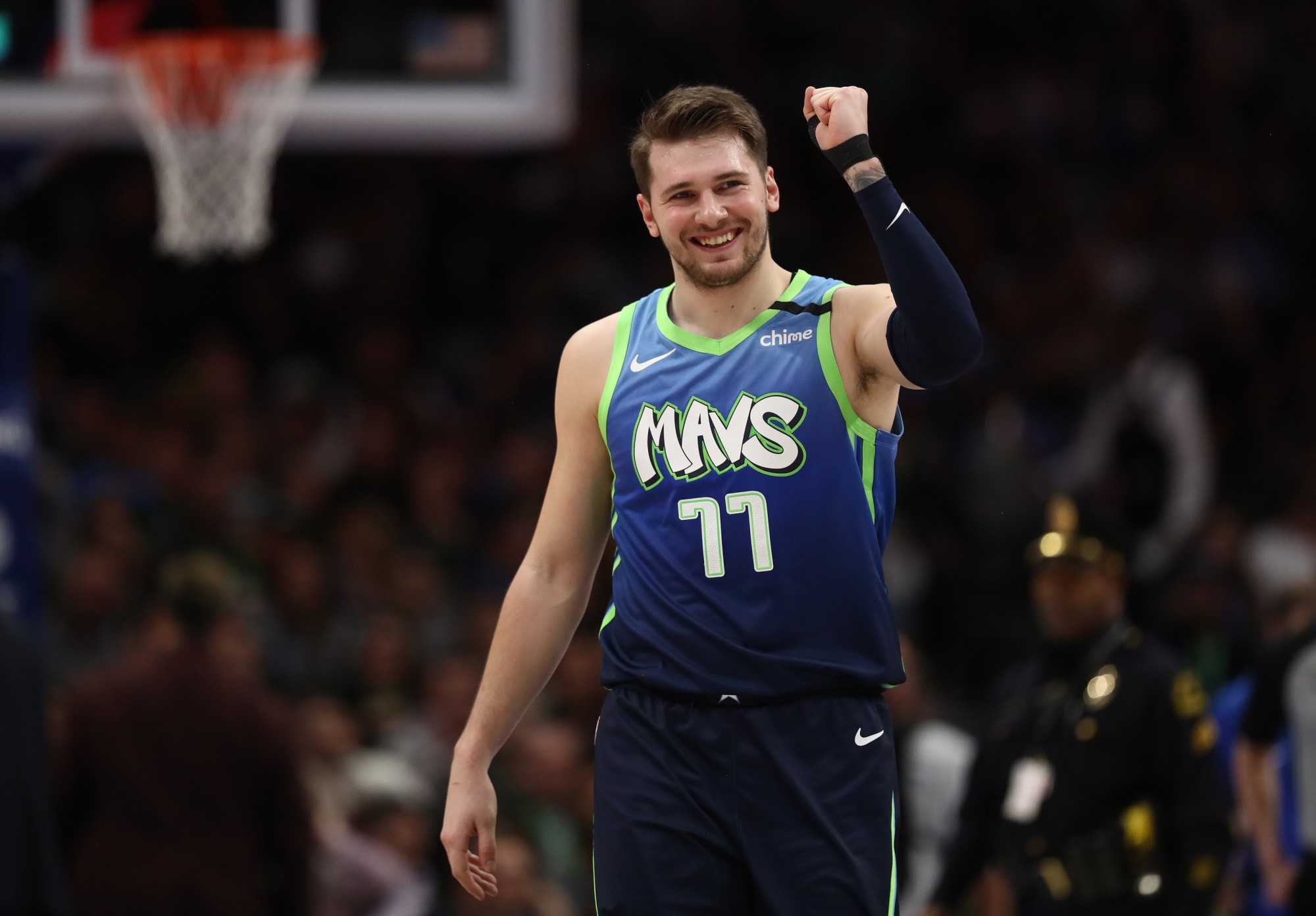The 2021 NBA Trade Deadline was very uninteresting for nearly 66 of the final 72 hours. Then, in the last stretch, trade after trade, stars first fled sunny Orlando for the cold world in Chicago and Denver. Trades didn’t stop hitting Twitter until well after the official deadline had passed. If you had Woj, Charania, Haynes, and Stein alerts on, your phone buzzed like you were getting a six-hour phone call. But the biggest news of the 2021 Trade Deadline, ironically, came well before and well after. Two months before the deadline, the Brooklyn Nets traded more than a half-decade of NBA draft picks for perennial MVP candidate James Harden. No trade from the trade deadline moved the needle of the league like that one, especially with how well Harden has played in Brooklyn. And on the buy-out market afterward? The rich got richer.
The NBA Trade Deadline’s story has continued and blossomed and blossomed because of what happened in the NBA Buy-Out Market. The Las Vegas favorites, Brooklyn, the LA Lakers, and the Milwaukee Bucks were the Buy-Out Market’s big winners. Brooklyn got Detroit’s Blake Griffin before the deadline and San Antonio’s LaMarcus Aldridge after. The Lakers landed former Cavalier Andre Drummond. And Milwaukee signed Jeff Teague and Austin Rivers, filling a desperate need at a guard for their second rotation.
The Reaction
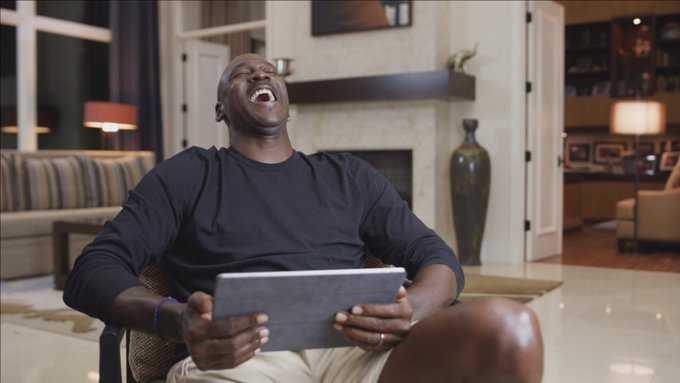
“The NBA is turning into AAU!”, shouted NBA Twitter. “The league is ruined!”, “Adam Silver has to stop this!”, and other claims of a new flaw in the NBA rang throughout the echo-chamber that is social media.
In a word, fans were pissed. They were pissed that several bad teams had refused to play their guys headed into the trade deadline. They were pissed that those bad teams couldn’t move their former All-Star caliber players before the end of the trade deadline. And, perhaps the loudest, people were pissed that the title contenders were adding stars for next to nothing.
The NBA needs to get rid of the buyout market.
— Frank Ammirante (@FAmmiranteTFJ) March 28, 2021
There shouldn’t be an option for contending teams to stack their rosters with cheap veterans after refusing to give up assets at the trade deadline.
It’s gross.
LeBron about to demand a buyout and sign with the Nets ? https://t.co/jzNufCinvg
— CelticsLife.com (@celticslife) March 27, 2021
Drummond >LAL, like Aldridge >BKN, guarantees nothing, but I’d like @nba to reign in the buyout system somehow so the obvious contenders don’t simply pick off best available guys for (basically) nothing while everyone else has to trade to upgrade rosters before the playoffs.
— Matt Winer (@MattWinerTV) March 28, 2021
What Those People Are Missing
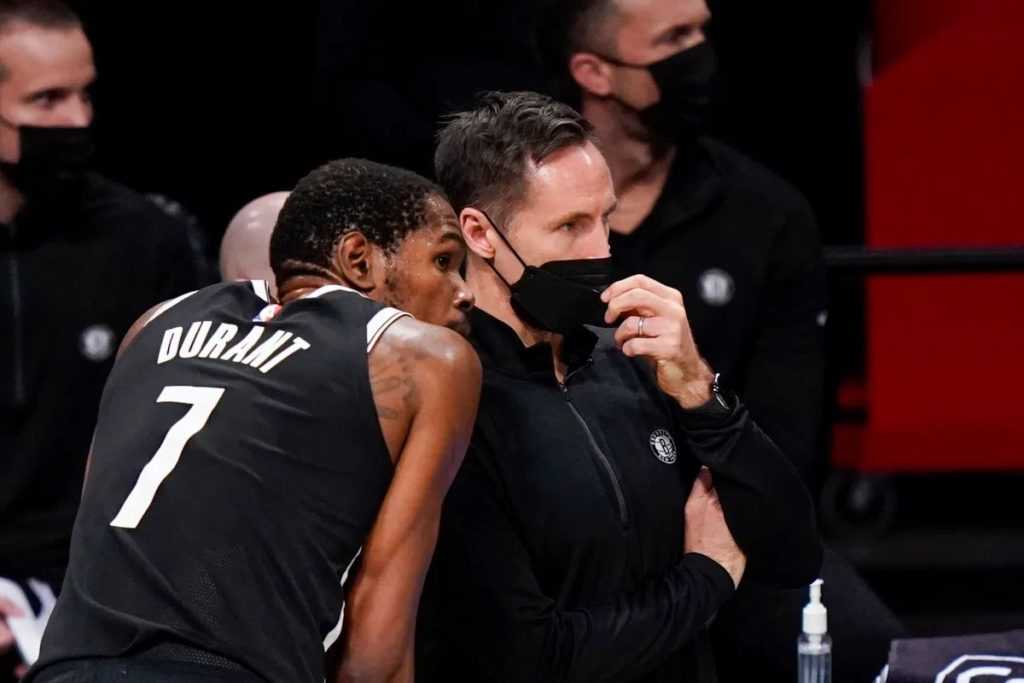
No team is going to avoid a chance to get better. The Golden State Warriors went 73-9, were up 3-1 in the NBA Finals when Draymond Green got himself suspended, narrowly lost an ugly Game 7, and added an MVP caliber player in Kevin Durant. The Chicago Bulls ran through a three-peat, made two more playoff runs, brought Michael Jordan out of retirement, and went out to get a Defensive Player of the Year in Dennis Rodman. Why is it a big deal when a surging team adds someone to their bench? Steve Nash put it bluntly:
Steve Nash on Nets adding Blake Griffin, LaMarcus Aldridge, James Harden: ‘Not like we did anything illegal’https://t.co/T1f0wbA1LP pic.twitter.com/NILN9Ehzyi
— CBS Sports NBA (@CBSSportsNBA) March 30, 2021
With an exception in Drummond, each of these buy-outs are just teams adding bench depth. The Brooklyn Nets, when fully-healthy, will start Kyrie Irving, James Harden, Joe Harris, Kevin Durant, and DeAndre Jordan or Nick Claxton. They will run the same one through four with Jeff Green as a center for stretches to play small ball. The Milwaukee Bucks will still start Jrue Holiday, Donte DiVincenzo, Khris Middleton, Giannis Antetokounmpo, and Brook Lopez. They will sub out Lopez for PJ Tucker to play small. The exception here will likely be the LA Lakers, who will start Dennis Schroder, Kentavious Caldwell-Pope, LeBron James, Anthony Davis, and probably Andre Drummond. But, when was LA their deadliest in their last playoff run? With Davis at the center position, and a smaller forward like Kyle Kuzma or Markieff Morris on the floor for spacing.
When these three teams are at their best in the playoffs, there’s a very real chance that none of the players we just saw on the buy-out market are on the floor. It’s not that they’re not good, it’s not that they won’t help, it’s that the teams are already championship caliber teams.
Were these bought out players just supposed to suffer away on bad franchises? Is #NBATwitter full of so many job-hating people that they want to see NBA players also hate their jobs?
This Won’t Impact the Outcome
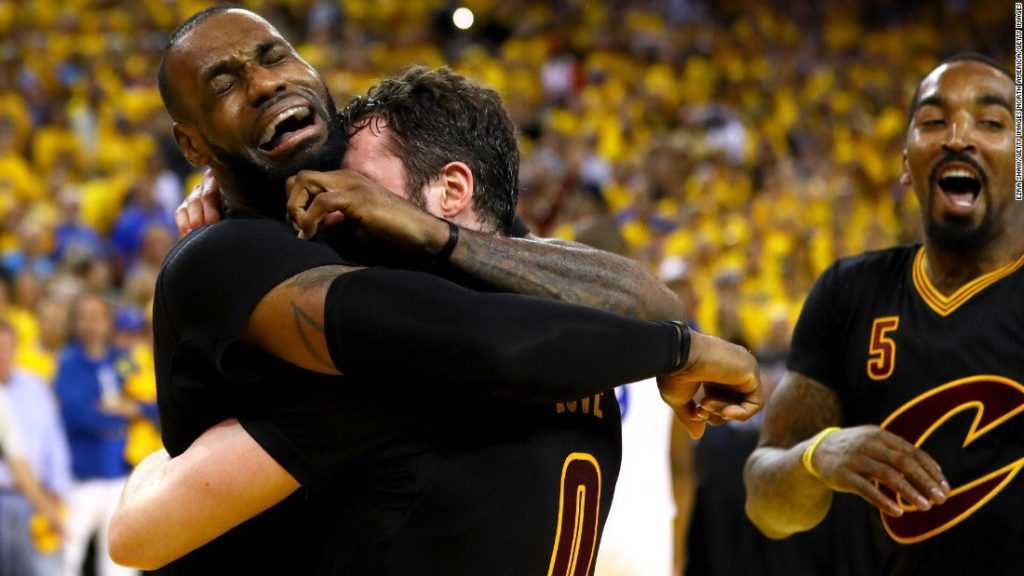
The folks upset about these moves seem to think that Blake Griffin, LaMarcus Aldridge, Andre Drummond, Jeff Teague, or Austin Rivers will make a substantial difference in the NBA season’s outcome.
But weeks ago, when these moves hadn’t been made, the same three teams (Nets, Lakers, and Bucks) were also in the top five odds to win an NBA title. Further? The needle on those odds hasn’t shifted much. Since the James Harden trade in January, Brooklyn and the Lakers have shared the top two spots. Even in their lowest points of the season, the Bucks haven’t fallen farther than sixth.
That’s not to say that there wouldn’t have been shake-ups without a buy-out market. Miami trading a rotational piece for a former All-Star, even after his injuries, may have launched them up the standings. There’s an eerie feeling that at some point in the next 12-18 months the Boston Celtics young duo shifts into hyper-drive. But barring some major injury, there isn’t any reason to believe that these buy-out signings will dramatically change the outcome of the NBA Finals.
Even in years that there is no big discussion on the buy-out market, there are never more than three or four teams who, barring injury, have a realistic shot at the NBA title. We had the Warriors dynasty play against LeBron’ James’ Cavaliers four times in a row. The four years before that, the Miami Heat represented the Eastern conference every year. Before the “Heatles?” The LA Lakers won the Western Conference three times and played Boston in the NBA Finals two of them. San Antonio won five NBA championships between 1999 and 2014. Mid-season buy-outs happened each year, but none of them swayed the inevitable. The cream was already at the top.
Silver: We Have a Problem?

The question becomes: why do so many want to make this into a problem? The Pistons, Spurs, Cavs, and Thunder clearly weren’t winning a lot of their games with these guys… so why is it such a big problem if they end up on a new squad? Perhaps Blake Griffin hit this sentiment with the most eloquence:
Blake Griffin finds it amusing that people are freaking out about how the #Nets are stockpiling talent w/ him and Aldridge when “all I heard for two years was how bad I am.” #NBA
— Brian Lewis (@NYPost_Lewis) March 29, 2021
No one is saying that Griffin and Aldridge weren’t stars earlier in their careers. No one is saying that Drummond, Hill, and Rivers can’t be impactful. But holding onto those qualifiers with each now seems just as outlandish as calling each player terrible a month ago. The truth is each player is probably somewhere in between the best version of themselves and their worst version. A change of scenery can be revitalizing, but it still loses out to Father Time. A great player from a bad team is still a great player, but their role will be vastly different.
These buy-out players are being turned into a problem because the rich got richer. It’s not called a “cheap-out market,” after all. Once these guys each hit midseason free-agency, they decided it was time to go to a contender.
The same players likely would have also taken individual criticism had they chosen to join a bad team for a lot of money. I can hear Stephen A. Smith, Charles Barkley, and Skip Bayless calling them guys who don’t care about winning as I write this. At what point is the issue really not in what the analyst is mad at, but in the mad analyst?
What Is The Issue?
Perhaps the bigger issue is that some of the owners, as evidenced by their roster choices, are more invested in returning some profit than running a winning organization. Short of being lucky enough to have LeBron James born in their back yard, and thus having the sentimental “I’m coming home!” value, what have the Cavs ever done that makes us think Andre Drummond should stay? Why shouldn’t he be a buy-out candidate? The problem isn’t in players getting bought out and finding new teams – it’s in how bad the old ones are. That’s not worth getting mad at the contenders. If you really want parity and an even league, you don’t get mad at the good teams. The goal is to be good. Be mad at the teams who are perennially not good. They’re the ones missing the boat.
The Pistons, Cavs, and Spurs all publicly announced they were not going to play Blake Griffin, Andre Drummond, and LaMarcus Aldridge again this season. Those teams saw their future as best without these players. They either wanted more young-guy minutes, different on-floor chemistry, or were just ready to head in a new direction. That’s their prerogative as a franchise. It’s not elementary school basketball, not everyone plays.
Without a buy-out, these players would have to be traded. What incentive did that give any team to trade for them? If you think you have a great fit for one of those big men, why would you sacrifice any of those puzzle pieces to bring him in?
The people that are mad about NBA buy-outs will be mad about any outcome. They’d be mad at stars taking big paychecks on a team that doesn’t win, they’d be mad about guys getting traded for pennies… and at this point, it feels like they’d get mad players going to the corners of neighborhoods in their local, small markets and passing out ice cream (“America has an obesity problem! How could you do this!..” I can hear it now.).


